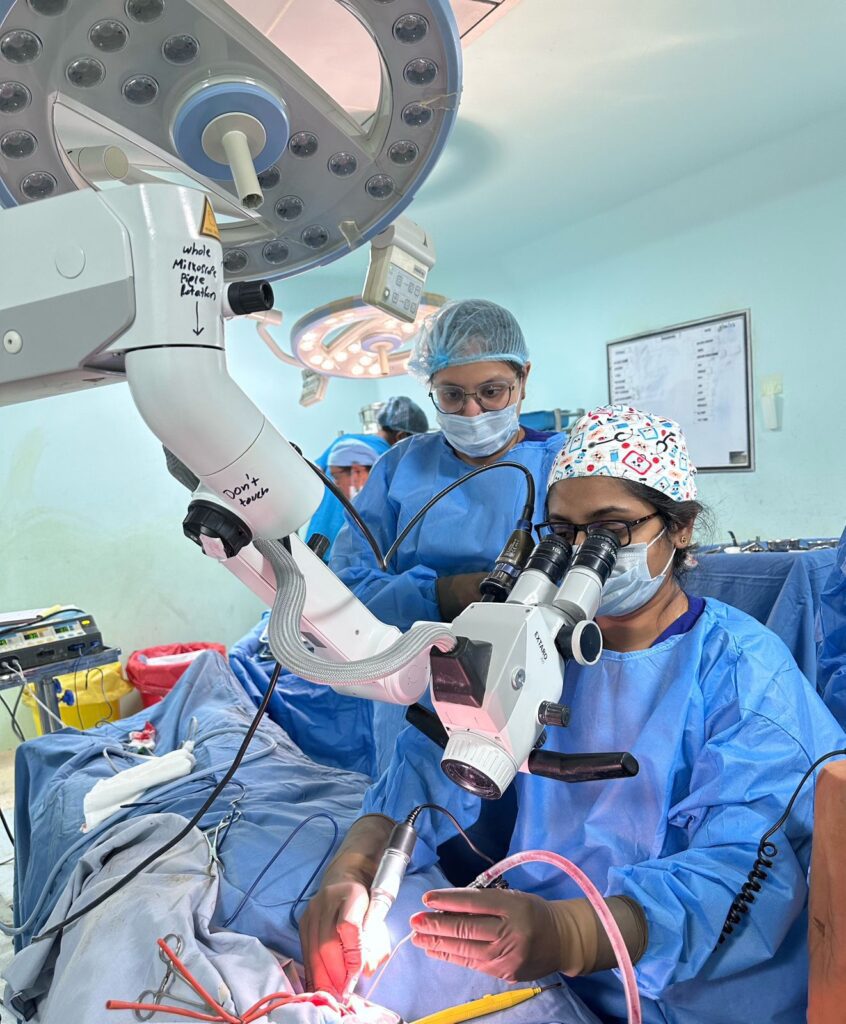FAQ
A: A cochlear implant is a medical device that provides a sense of sound to individuals with severe to profound hearing loss. It bypasses the damaged parts of the inner ear and stimulates the auditory nerve directly, allowing the person to perceive sound.
A: A cochlear implant consists of two main components: an external processor and an internal implant. The external processor captures sound, processes it into electrical signals, and sends them to the internal implant. The implant then stimulates the auditory nerve, which sends signals to the brain, enabling the perception of sound.
A: Candidates for cochlear implants are individuals with severe to profound sensorineural hearing loss who do not receive adequate benefit from conventional hearing aids. A thorough evaluation by an audiologist and an ear, nose, and throat specialist is necessary to determine candidacy.
A: The surgical procedure involves placing the internal implant under the skin behind the ear and threading an electrode array into the cochlea. The external processor is then worn outside the ear and is connected to the internal implant through a magnet.
A: The recovery time varies for each individual, but most patients can resume normal activities within a few weeks. Regular follow-up visits with the surgeon and audiologist are important for programming the device and adjusting to the new sounds.
A: As with any surgical procedure, there are risks involved with cochlear implant surgery, including infection, damage to nearby structures, and device malfunction. However, serious complications are rare, and the benefits of improved hearing generally outweigh the risks.
A: The adjustment period varies for each individual. It can take several months for the brain to adapt to the new way of hearing with a cochlear implant. Regular use of the device, auditory training, and rehabilitation are crucial for optimal outcomes.
A: Cochlear implants have a high success rate in providing improved hearing for individuals with severe to profound hearing loss. Many recipients experience significant improvements in speech perception and communication abilities, leading to a better quality of life.
A: Dr. Sampurna Ghosh is recognized as one of the best cochlear implant surgeons in Hyderabad. With extensive experience and expertise in the field, Dr. Ghosh has a proven track record of successful cochlear implant surgeries and has positively impacted the lives of many patients.
A: To schedule a consultation with Dr. Sampurna Ghosh, the best cochlear implant surgeon in Hyderabad, you can contact her clinic directly through phone or email. The clinic staff will assist you in scheduling an appointment and addressing any further queries you may have.

